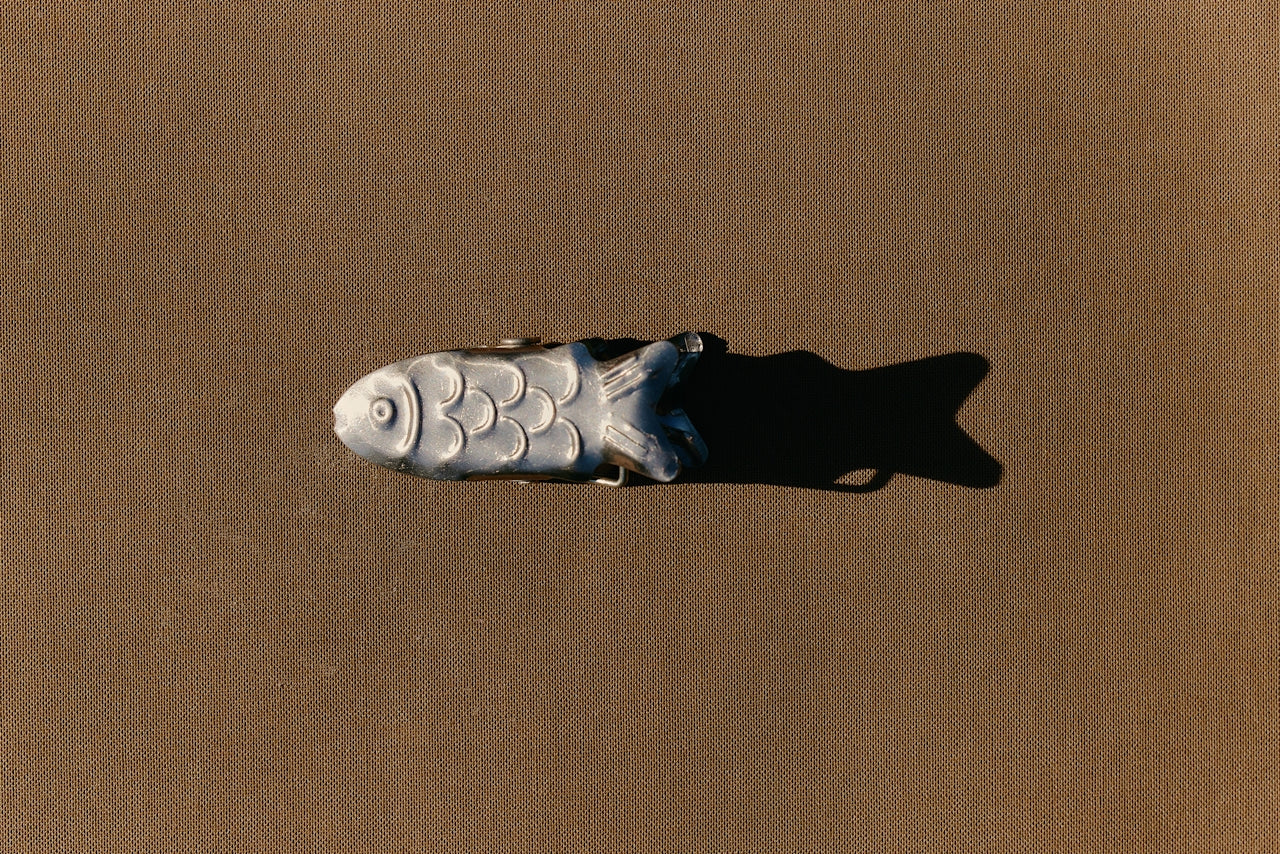For many of us, coffee is the first thing we reach for in the morning — even before breakfast. But is it actually a good idea to drink coffee on an empty stomach? Or could it be doing more harm than good?
Let’s break down the science and see what’s really going on with your morning brew.
☕ What Happens When You Drink Coffee on an Empty Stomach?
Coffee stimulates the production of gastric acid — which is why it can sometimes cause an upset stomach, especially when there’s no food to buffer it. For people with sensitive digestion, this can lead to:
-
Acid reflux
-
Bloating
-
Nausea or stomach discomfort
It’s not a universal rule, though — some people tolerate black coffee just fine first thing in the morning. The key is knowing how your body responds.
🧠 Coffee & Cortisol: The Stress Factor
Cortisol, often called the stress hormone, naturally peaks in the early morning hours. Coffee can further increase cortisol production, which may lead to:
-
Heightened feelings of anxiety or stress
-
Blood sugar instability
-
Potential hormone disruption if cortisol remains elevated over time
One study found that caffeine significantly raised cortisol levels even in people who regularly drink coffee (Lovallo et al., 2005).
If you’re already prone to anxiety or blood sugar dips, this could explain why coffee hits a little too hard when you haven’t eaten.
🍽️ What About Blood Sugar?
Emerging research suggests that drinking coffee before eating — especially black coffee — may impair glucose control, particularly if your first meal is high in carbohydrates.
A 2020 study in the British Journal of Nutrition found that participants who drank coffee before breakfast experienced a 50% higher blood sugar spike after eating, compared to those who didn’t. This could be especially relevant for people managing insulin resistance, type 2 diabetes, or PCOS.
✅ When It’s Okay to Drink Coffee First Thing
Everyone’s body is different. For many people, coffee on an empty stomach is completely fine, especially if:
-
You don’t experience digestive issues
-
You don’t feel jittery or anxious
-
Your energy and blood sugar feel stable throughout the morning
If that’s you — keep enjoying your morning cup. But if you often feel wired, nauseous, or “off” after your coffee, you might want to experiment with changing up your routine.
🔄 Easy Tweaks to Try
-
Have a small snack first: Even a banana, a handful of almonds, or a slice of toast can help buffer the acidity and blunt the cortisol spike.
-
Add milk, collagen, or MCT oil: These ingredients may reduce the harshness of black coffee and provide some fuel for your system.
-
Wait 30–60 minutes after waking: Allow your natural cortisol peak to pass before introducing caffeine.
☀️ Final Thoughts
Yes, you can drink coffee on an empty stomach — but it might not be the best choice for everyone.
If you’re noticing digestive discomfort, anxiety, or energy crashes, try having a light bite first and see if it makes a difference. Your morning ritual should work for you, not against you.
📚 References
Lovallo, W.R., Whitsett, T.L., Al’Absi, M., Sung, B.H., Vincent, A.S. and Wilson, M.F., 2005. Caffeine stimulation of cortisol secretion across the waking hours in relation to caffeine intake levels. Psychosomatic Medicine, 67(5), pp.734–739. https://doi.org/10.1097/01.psy.0000181270.20036.06
Smith, H.A., Stephens, M. and Taylor, M., 2020. The effect of coffee consumption on glucose metabolism following high-fat meals. British Journal of Nutrition, 124(3), pp.252–260. https://doi.org/10.1017/S0007114520001009




